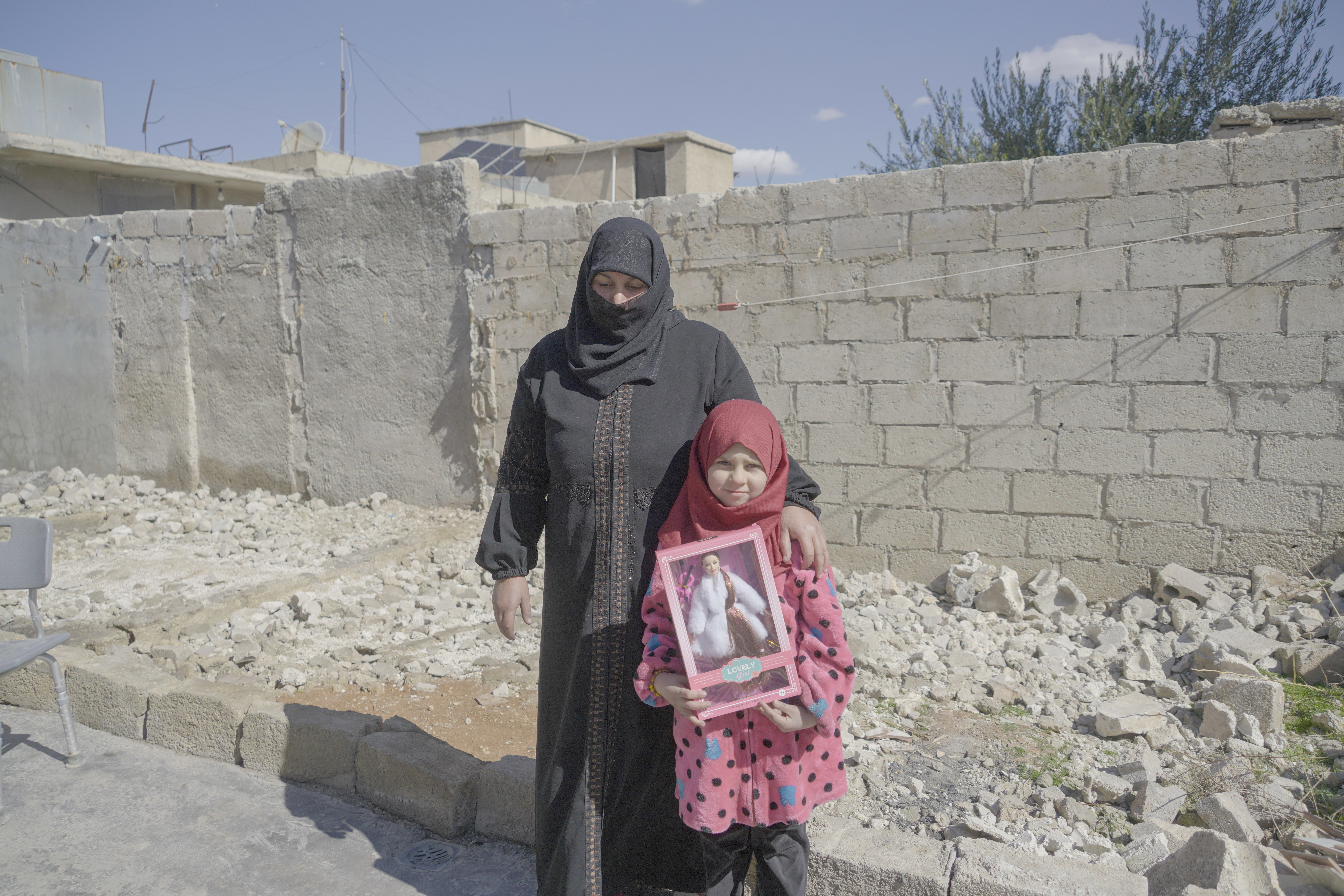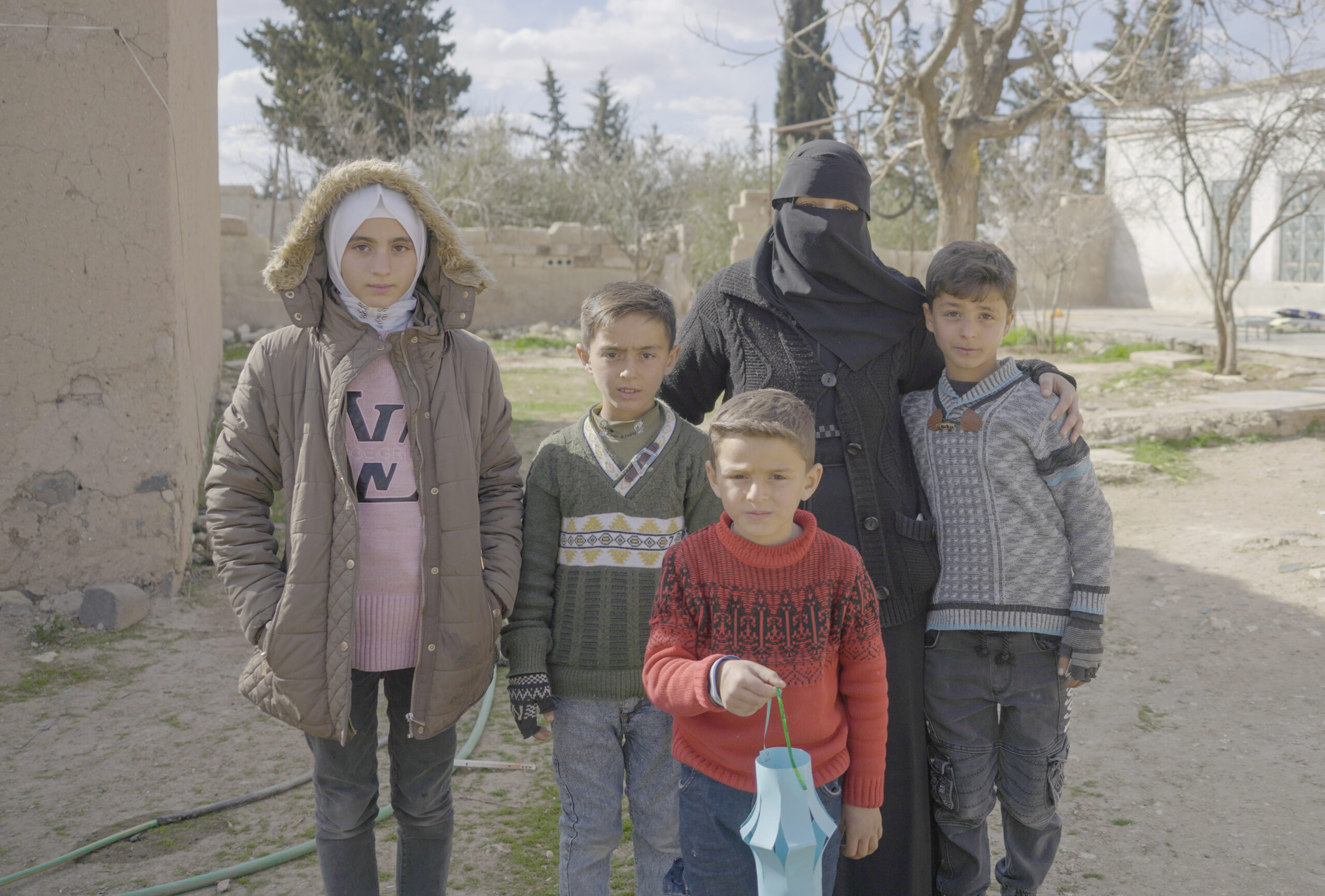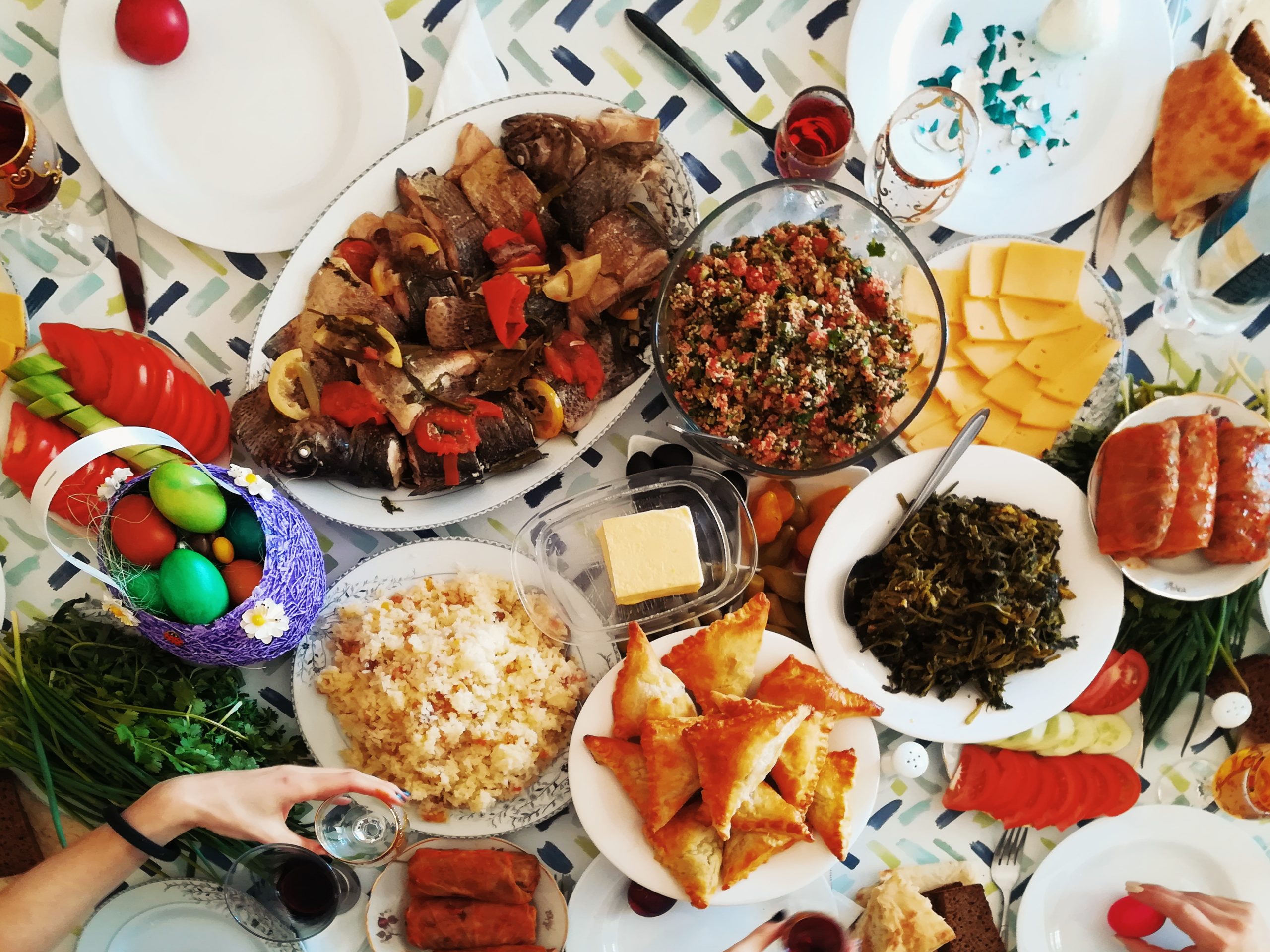
03.24.22
Fasting, not Feasting: How to Make the Most of the Health Benefits of Ramadan
The month of Ramadan is a special time of reflection, self-improvement, kindness and spirituality. It is likewise the time where we honour one of the key pillars of Islam: fasting.
As Muslims, fasting is one of our primary duties in Ramadan, as those of us who are able and old enough are required to fast daily from dawn until sunset. Fasting, in turn, has lasting positive effects on our physical health and spiritual wellbeing, as we draw closer to Allah (SWT) through practising patience and performing more acts of worship.
However, even as Muslims, many of us are not immune to being swept up by our daily routines. It can be hard for us to balance out our obligations while maintaining a balanced lifestyle. This is especially true during Ramadan, as being required to eat and drink or abstain from eating and drinking at unusual times can make us forget to have healthy meal plans or exercise plans while fasting. The benefits of fasting during Ramadan are numerous but we can complement our fasting with other activities to achieve even more.
As such, to help us get through the blessed month as more organised and healthier Muslims, here is a guide on how to stay healthy during Ramadan, without burning yourself out.
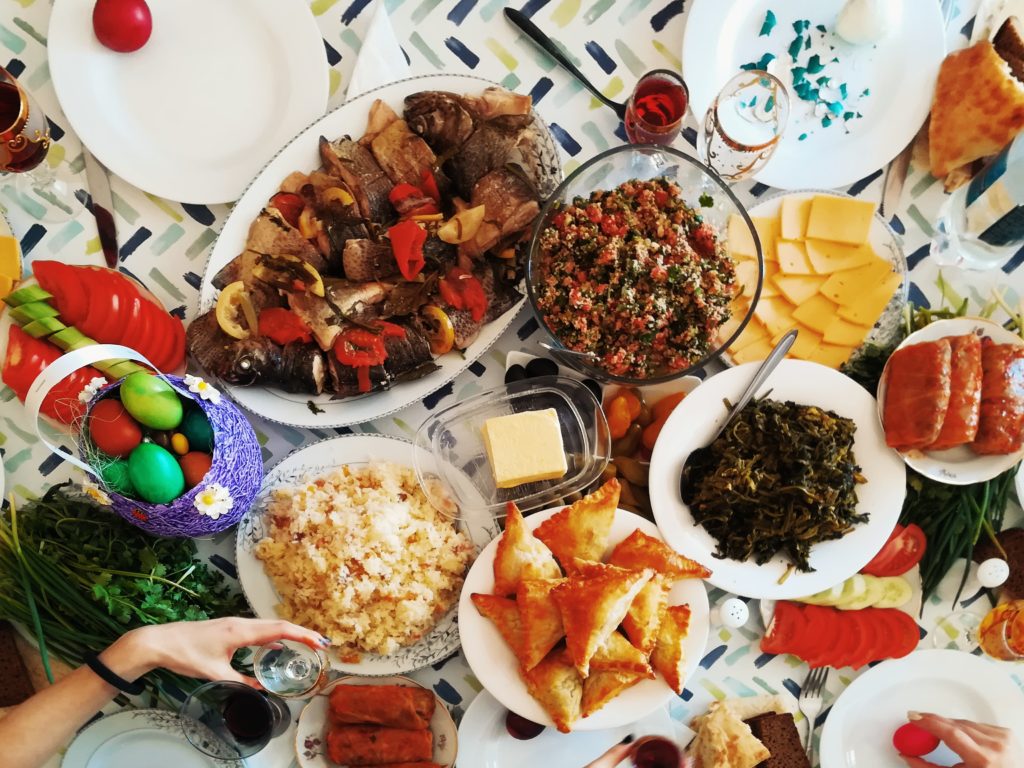
Have a Healthy Meal Plan for Suhoor
Much like breakfast, Suhoor, the pre-dawn meal, is the most important meal of your day during Ramadan. While skipping Suhoor may sound appealing to get in some extra sleep, it’s not ideal. Skipping Suhoor will prolong the fasting period, which means your body will need to rely on only your previous meal to provide you with all the nutrients and energy until Iftar, the time you break your fast. As a result, you are more likely to feel dehydrated and tired during the day, encouraging overeating during Iftar, which can cause unhealthy weight gain.
Therefore, Suhoor should be a wholesome meal providing you with enough energy to last until Iftar and choose the right foods to keep you energised through fasting.This includes having complex carbohydrates such as fruit and vegetables, beans, chickpeas and lentils, as well as low fat dairy products and healthy unsaturated fats like avocado, unsalted nuts, salmon, olives and olive oil. Having a Ramadan healthy meal plan goes a long way in helping you keep more satisfied and energised during the blessed month.
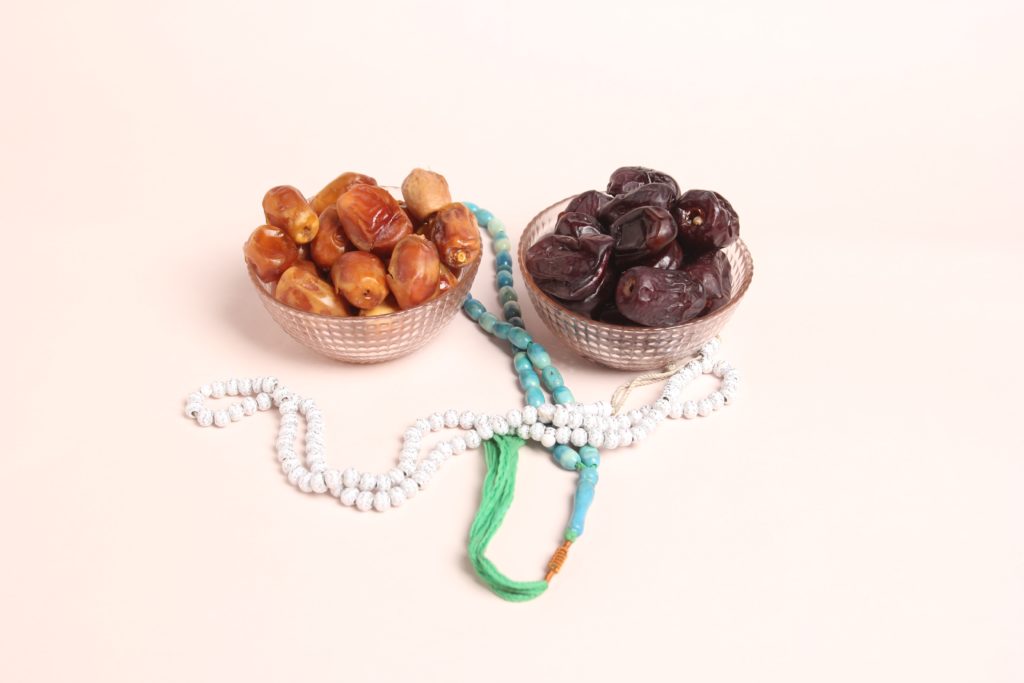
Also Have a Healthy Meal Plan for Iftar
Similar to how you shouldn’t skip Suhoor, overeating when it is time to break the fast can harm your body. Iftar should be a well-balanced, nutritious meal – not a feast! Take it easy with the amount of heavy, creamy and fried foods you have, as well as salty and sugary dishes. In fact, just breaking your fast with three dates and water already gives your body an instant energy boost ahead of your main meal. Light soup is also a great choice to start your main Iftar meal as it helps you hydrate.
If you do want a heartier Iftar meal, try and incorporate plenty of vegetables, whole grains and lean meats when you break your fast. These foods provide vital vitamins and nutrients, energy and fibre and a good portion of healthy protein. As with Suhoor, having a Ramadan healthy meal plan goes a long way in helping you feel more satisfied and energised during the blessed month. Likewise, take your time while eating and keep an eye on portion control as well, as these habits will help aid digestion and prevent unhealthy weight gain.

Stay hydrated
While fasting, it’s natural to get a little dehydrated and be more tired than usual. To help with this, make sure to add fluids, especially water, to your Ramadan healthy meal plan. Drinking as much water as possible between Iftar and Suhoor reduces your risk of dehydration during fasting. In turn, avoid caffeinated drinks such as coffee, tea and cola, because caffeine can make your body more dehydrated, and fizzy drinks with sugar will add calories to your diet.
If you prefer to have a variety, take light tea without milk or sugar while also drinking water. You can also add lemon slices or fresh mint with your tea to help detox and aid digestion. In turn, fluids aren’t the only way to increase your water intake. You can also eat hydrating foods! Try adding watermelon to your Suhoor meal or eat it as a sweet treat after Iftar. If you prefer something savoury, adding cucumber and tomato to your meals also helps.

Build Your Ramadan Exercise Plan
Fasting can make you feel more tired than usual. However, this doesn’t mean you should use Ramadan as your excuse to not keep up with your fitness goals! There are many health benefits to doing physical activity during Ramadan. It helps give you an energy boost, reduce fatigue, and is a good opportunity to lose weight if needed. But you shouldn’t exercise too hard either as it can hurt your body, especially if you’re not used to it.
As such, make the effort to exercise moderately in ways you can handle, especially during Suhoor or a few hours after Iftar, which is when you have the most energy. If you’re not in the mood for a workout, you also take short easy walks while heading to class or doing errands. A few stretches can also go a long way in keeping your energy up during the day.
Pick up healthy habits (while dropping unhealthy ones!)
If you have any unhealthy habits, Ramadan is the best time for you to try and shed them. While fasting encourages us to keep track of our eating habits, it also allows us to have more self-control over other desires and addictions, and keep our negative emotions in check.
Within the 29 or 30 days of Ramadan, it can be worthwhile to make goals to set aside your unhealthy habits while fasting. Eventually, you can work towards keeping off those habits before and after fasting hours as well, and start maintaining healthy habits. Experiment with what you can handle and don’t be afraid to push your boundaries little by little. Trust how your body feels and find what works for you.
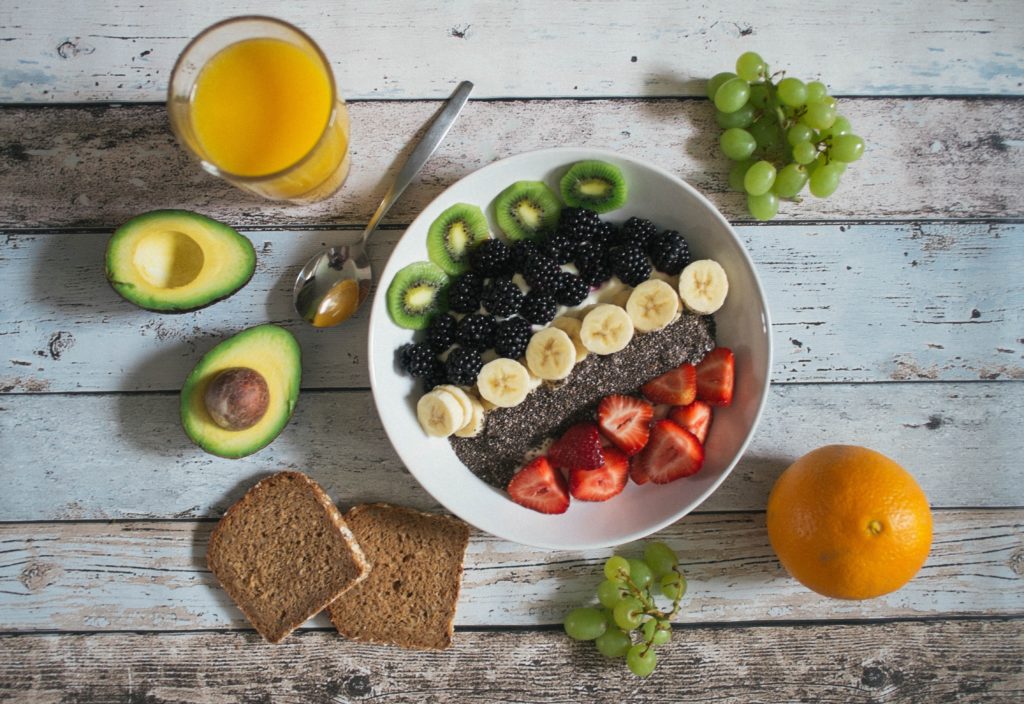
Keep Doing Your Best
There is no one way to stay healthy during Ramadan. Every person is different and your ways of eating, exercise and keeping track of your habits should be modelled to work for you. If you’re having trouble with fasting and these tips don’t work for you, you can talk to a health professional about it to get more specific advice based on your situation. The most important thing is to keep trying – Ramadan is the month of forgiveness and improving ourselves after all.
So go ahead and make this Ramadan a healthy and happy one. Enjoy spending time with others, exercise goodwill, and be patient with yourself. May Allah (SWT) grant us a blessed Ramadan and keep us steadfast in our preparations and our fast during the holy month.
Ramadan is the perfect time to give zakat
The holy month of Ramadan is the perfect opportunity to use the Power of Zakat. It is a time for us to pause and reflect, leave behind bad habits and replace them with good ones, increase our acts of worship and good deeds, and practice self-discipline – all for the sake of Allah SWT.



